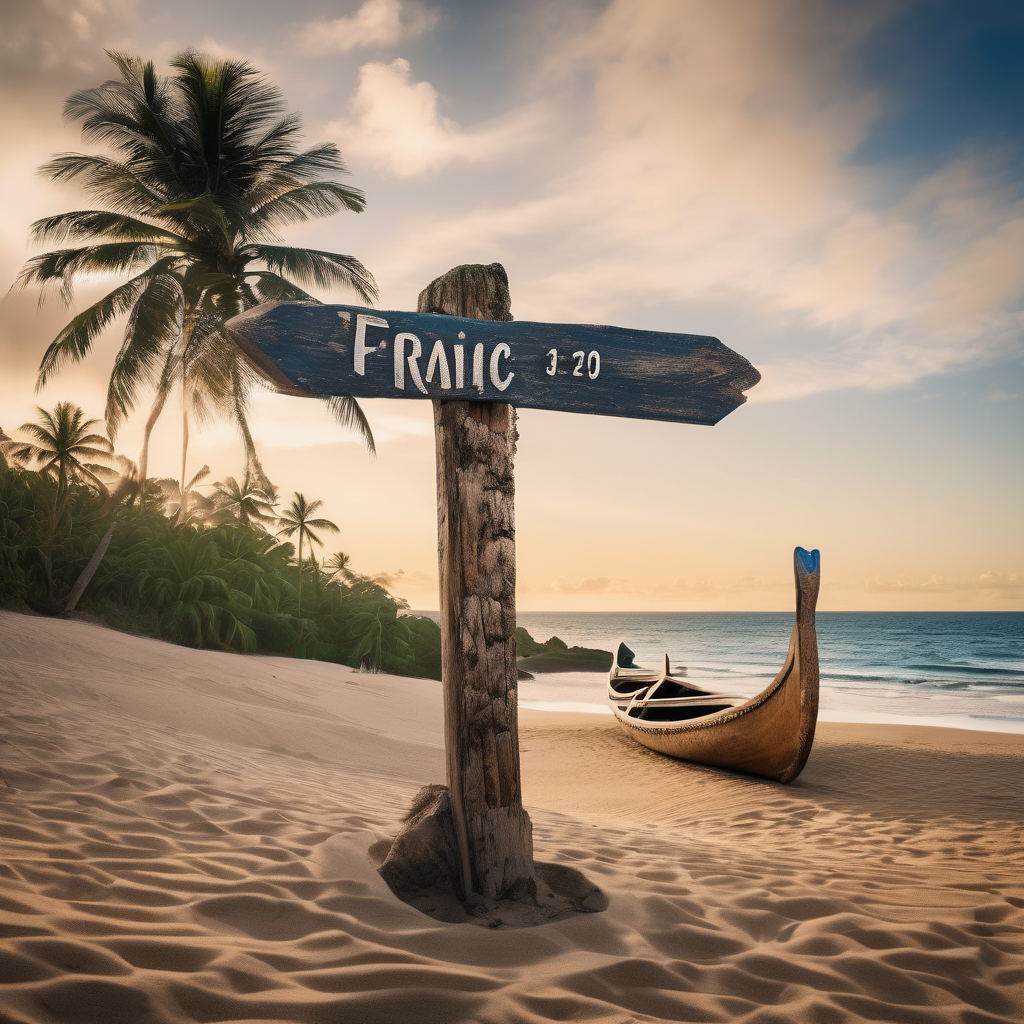The World Wide Fund for Nature (WWF) is actively fostering unity among Pacific nations as they prepare to present a unified front at the 30th UN Climate Conference (COP30) in Brazil this November. A workshop held in Suva, led by WWF-Pacific’s Project Manager for the Empowering Voices Project, Margaret Tabunakawai, emphasized the crucial role of collaboration among Civil Society Organizations (CSOs) to ensure that the Pacific’s stance on climate issues is powerfully conveyed at the international gathering.
Tabunakawai highlighted the importance of grassroots empowerment, urging Pacific representatives to bring the lived realities of their people to the forefront at COP30. “COP30 is only a few weeks away, ladies and gentlemen, but our work begins here in Suva. This is where we share, build the shared advocacy goal, and the messages and unity that will carry us across the ocean to Belém,” she stated. Her address underlined the significant impact a collective voice from the Pacific can have, stressing the need for solutions grounded in the experiences and cultures of the region.
Previously, similar sentiments were echoed by Pacific leaders, such as Fiji’s Deputy Prime Minister, Biman Prasad, who stressed the Pacific’s dire need during the Post-COP29 Debrief. Prasad declared the necessity for strong political leadership and unity to highlight funding for loss and damage, asserting that Pacific nations should not be ignored in international forums.
Baron Waqa, Chair of the Pacific Islands Forum, has also supported the call for strong advocacy, urging major polluters to uphold their commitments, thus highlighting the Pacific’s proactive role in climate resilience by integrating traditional knowledge with modern solutions.
In light of these persistent calls for collective action, COP30 represents a platform where Pacific leaders can continue to actively demand justice and accountability from the world’s largest emitters. The conference, scheduled from November 10-21 in Belém, Brazil, signifies a crucial opportunity for the Pacific to ensure that their challenges and initiatives receive the attention needed to drive effective global climate action. As preparations intensify, there is hope that the unified efforts and advocacy of the Pacific can lead to significant changes that will not only safeguard vulnerable communities in the region but serve as an example for international climate negotiations.
